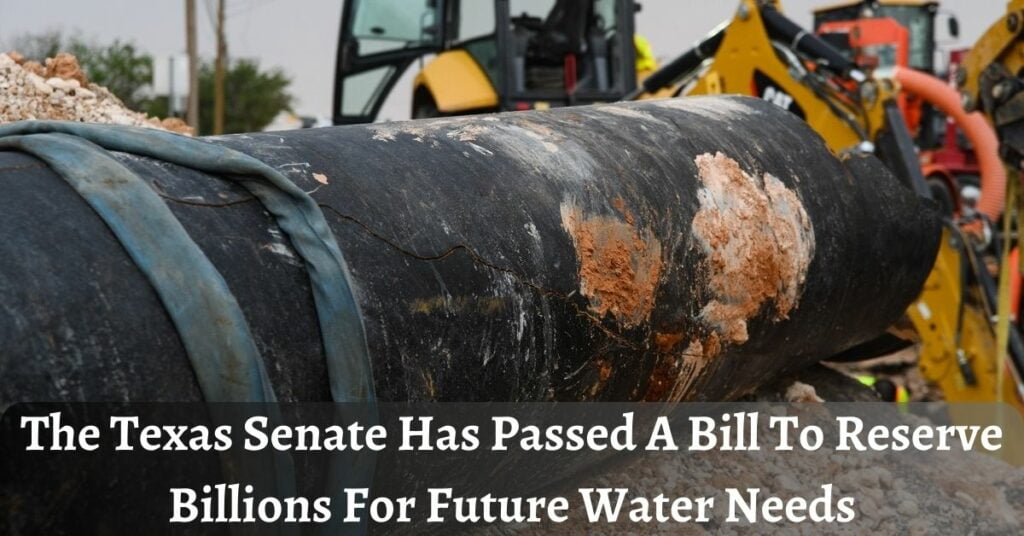A legislative package that may set aside billions of dollars to buy new water sources and — if approved by voters — pay for improvements to the state’s outdated water infrastructure was overwhelmingly passed by Texas senators on Monday.
Charles Perry, a Republican from Lubbock, is the author of Senate Bill 28 and Senate Joint Resolution 75, which would establish a new water supply fund run by the Texas Water Development Board.
This fund would be used to finance new water supply initiatives, such as desalination initiatives and the importation of water from neighboring states. Additionally, the law would allocate funds for improving water infrastructure, particularly in rural areas.
The Texas Senate passed a bill that would create a new state fund to fix the state's leaking and breaking water infrastructure and pay for new water supply projects, including marine desalination.
The bill will advance to the House. https://t.co/rhLgZ1T8pL
— Texas Tribune (@TexasTribune) April 3, 2023
On Monday, Perry remarked on the Senate floor, “Senate Bill 28 offers a pathway to finance water projects that our grandkids will be around for.
According to him, the monies’ objectives are to speed up new, significant water supply projects as well as repair the state’s aging and leaky water infrastructure.
If the fund were to become law, Perry has stated that billions of dollars would be allocated to it, but he has not specified how much of that money would be spent on new water supply projects as opposed to infrastructure upgrades.
Combined, the funds would support “bold” water supply projects that rely on new technology and may be more expensive up front than conventional techniques, as well as renovations for small rural water supply systems that are at risk of failing.
Must Check:
- Beekeepers In Texas Worry That The New Legislation Would Sting
- Proposals To Extend Gambling Access In Texas Have Passed The Texas House Committee
To address the state’s deteriorating infrastructure and anticipated water crisis, water advocacy groups believe that the fund needs to include an initial expenditure of at least $3 billion to $5 billion.
Extreme heat and a severe drought this summer—the worst in a decade—pushed the state’s water supply to the breaking point.
Reservoirs all around the state saw their water levels drop to a small portion of their capacity, forcing hundreds of required water restrictions on local households. Although the drought has subsided since the fall, it still affects 65% of the state.
Our website Poptopnews.com has more such articles and latest updates. You can always find it on google by writing pop top news and find it on the top.

